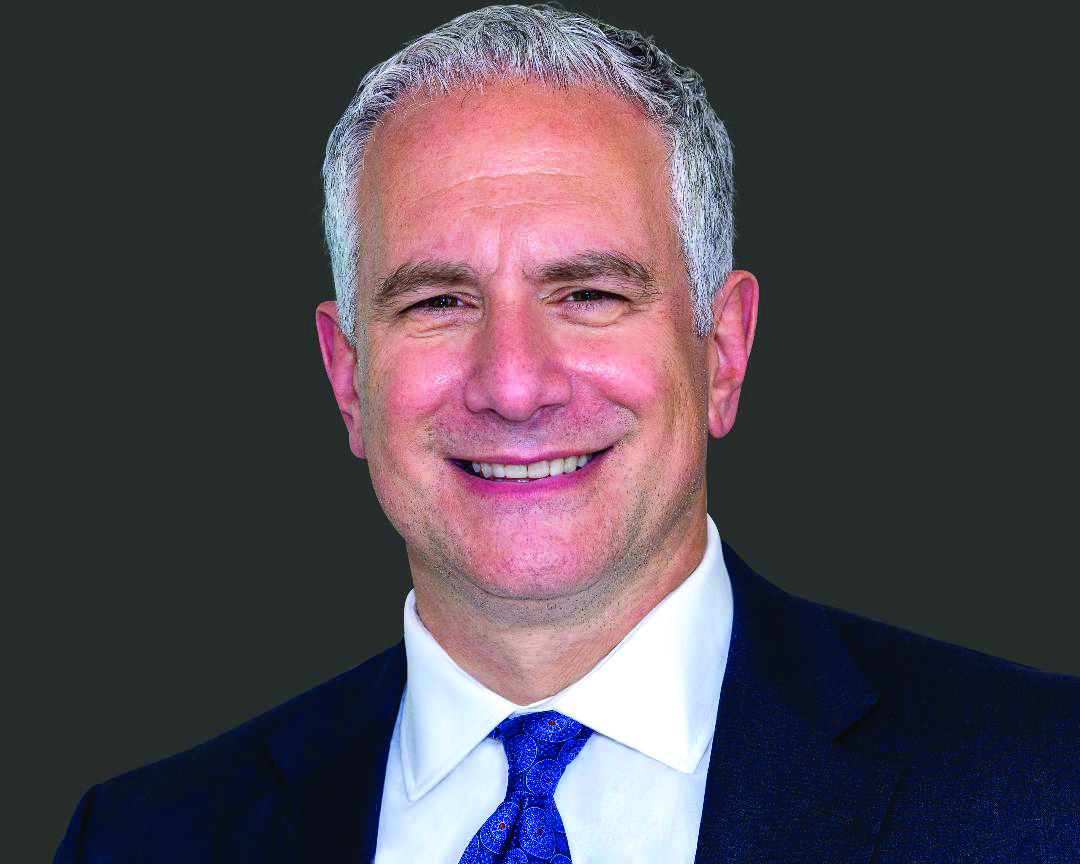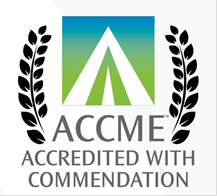
Comanaging Thyroid Eye Disease: Proactive Care Approaches (Online CME Monograph)
Activity Description and Purpose
Thyroid eye disease (TED) is a debilitating autoimmune condition, often associated with Graves disease, that is characterized by inflammation and tissue remodeling in the orbit. This activity will review the clinical features of TED and methods for assessing clinical activity using the clinical activity score; it will explore the overlap between TED and dry eye disease to identify patients who may benefit from referral to a specialist. A comprehensive review of current management options will also be provided, including the introduction of teprotumumab, the first and only US Food and Drug Administration–approved treatment for TED, to help clinicians learn how to select appropriate treatments across a spectrum of disease activity and duration and to apply best practices for multidisciplinary management. This activity is designed for all clinicians involved in the care of patients with TED, including oculoplastic surgeons, ophthalmologists, and other eye care providers. The desired results of this activity are for clinicians treating TED to improve their ability to successfully manage this disease across broad clinical scenarios.
Target Audience
This educational activity is intended for clinicians who treat thyroid eye disease, including oculoplastic surgeons, ophthalmologists, and other eye care providers.
Learning Objectives
After completing this activity, participants will be better able to:
- Review the possible clinical features and methods of clinical activity assessment in thyroid eye disease
- Review the most recent clinical data for teprotumumab, the only approved treatment for thyroid eye disease
- Describe relevant clinical data for current treatments for thyroid eye disease
- Select appropriate treatments for patients with thyroid eye disease across a spectrum of disease activity and duration
- Apply guidelines for multidisciplinary management of teprotumumab-associated adverse effects
Faculty
 | Andrew G. Lee, MD (Chair) Herb and Jean Lyman Centennial Chair in Ophthalmology Department of Ophthalmology Blanton Eye Institute Professor of Ophthalmology, Neurology, and Neurosurgery Academic Institute Full Clinical Member Research Institute Houston Methodist Weill Cornell Medical College Houston, Texas |
 | Kenneth A. Beckman, MD, FACS Clinical Assistant Professor of Ophthalmology Ohio State University Columbus, Ohio Director of Corneal Surgery Comprehensive Eye Care of Central Ohio Westerville, Ohio |
 | Amina I. Malik, MD Associate Professor of Clinical Ophthalmology Academic Institute Houston Methodist Weill Cornell Medical College Chief of Oculoplastic and Reconstructive Surgery Houston Methodist Eye Associates Houston, Texas |
Disclosure Policy
MedEdicus adheres to the ACCME’s Standards for Integrity and Independence in Accredited Continuing Education. Any individuals in a position to control the content of a CME activity, including faculty, planners, reviewers, or others, are required to disclose all financial relationships with ineligible entities (commercial interests). All relevant conflicts of interest have been identified and mitigated by MedEdicus prior to the commencement of the activity.
Faculty
Kenneth A. Beckman, MD, is a consultant for AbbVie Inc, Alcon, Amgen, Bausch & Lomb Incorporated, Bruder Healthcare, BVI, Dompé US, Inc, Glaukos Corporation, Invirsa Inc, Johnson & Johnson Vision Care, Inc*, Novartis Pharmaceuticals Corporation*, Ocular Science, Shenyang Sinqi Pharmaceutical Co, Ltd, Sun Pharmaceutical Industries, Inc*, Thea Pharma Inc, Trukera Medical, Verséa Health, Inc, Viatris Inc, Visus Therapeutics, and Yuyu Pharma, Inc; is a contracted researcher for Glaukos Corporation; and has stocks or stock options in RxSIGHT*.
Andrew G. Lee, MD, is a consultant for AstraZeneca and Bristol-Myers Squibb; is an advisory board member of Stoke Therapeutics and Viridian Therapeutics, Inc; and is on the speakers bureau for Alexion Pharmaceuticals Inc and Amgen Inc.
Amina I. Malik, MD, is a consultant for Amgen Inc.
* The financial relationship existed during the past 24 months but has now ended
Peer Reviewer
This activity was peer reviewed. The peer reviewer has no relevant commercial relationships to disclose.
Planners, Managers, and Writers
MedEdicus planners, managers, and writers have no relevant commercial relationships to disclose.
Accreditation Statement
 MedEdicus LLC is accredited by the Accreditation Council for Continuing Medical Education (ACCME) to provide continuing medical education for physicians.
MedEdicus LLC is accredited by the Accreditation Council for Continuing Medical Education (ACCME) to provide continuing medical education for physicians.
Credit Designation Statement
MedEdicus LLC designates this enduring material for a maximum of 1.5 AMA PRA Category 1 Credits™. Physicians should claim only the credit commensurate with the extent of their participation in the activity.
Disclosure of Commercial Support
This continuing medical education activity is supported through an educational grant from Amgen Inc.
Off-Label Discussion
This educational activity may include discussion of unlabeled and/or investigational uses of drugs and devices. Please refer to the official prescribing information for each drug or device discussed in this activity for approved dosing, indications, and warnings.
Provider Contact Information
For questions about this educational activity, please contact MedEdicus LLC at [email protected].
Disclaimer
The views and opinions expressed in this educational activity are those of the faculty and do not necessarily represent the views of MedEdicus LLC or Amgen Inc
This CME activity is copyrighted to MedEdicus LLC ©2025. All rights reserved. MedEdicus does not claim copyright to material included herein owned by third parties for which attribution or citation has been made. 334
Available Credit
- 1.50 AMA PRA Category 1 Credit™
- 1.50 Participation

 Facebook
Facebook X
X LinkedIn
LinkedIn Forward
Forward